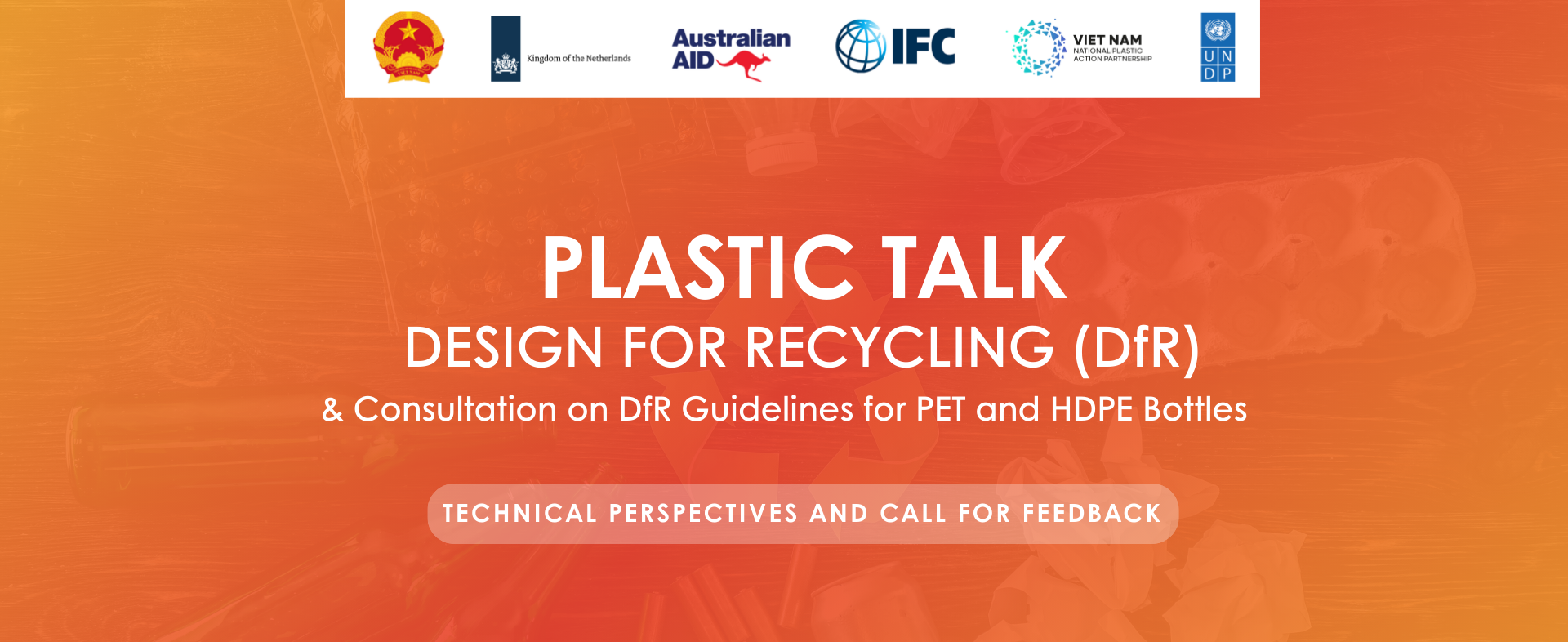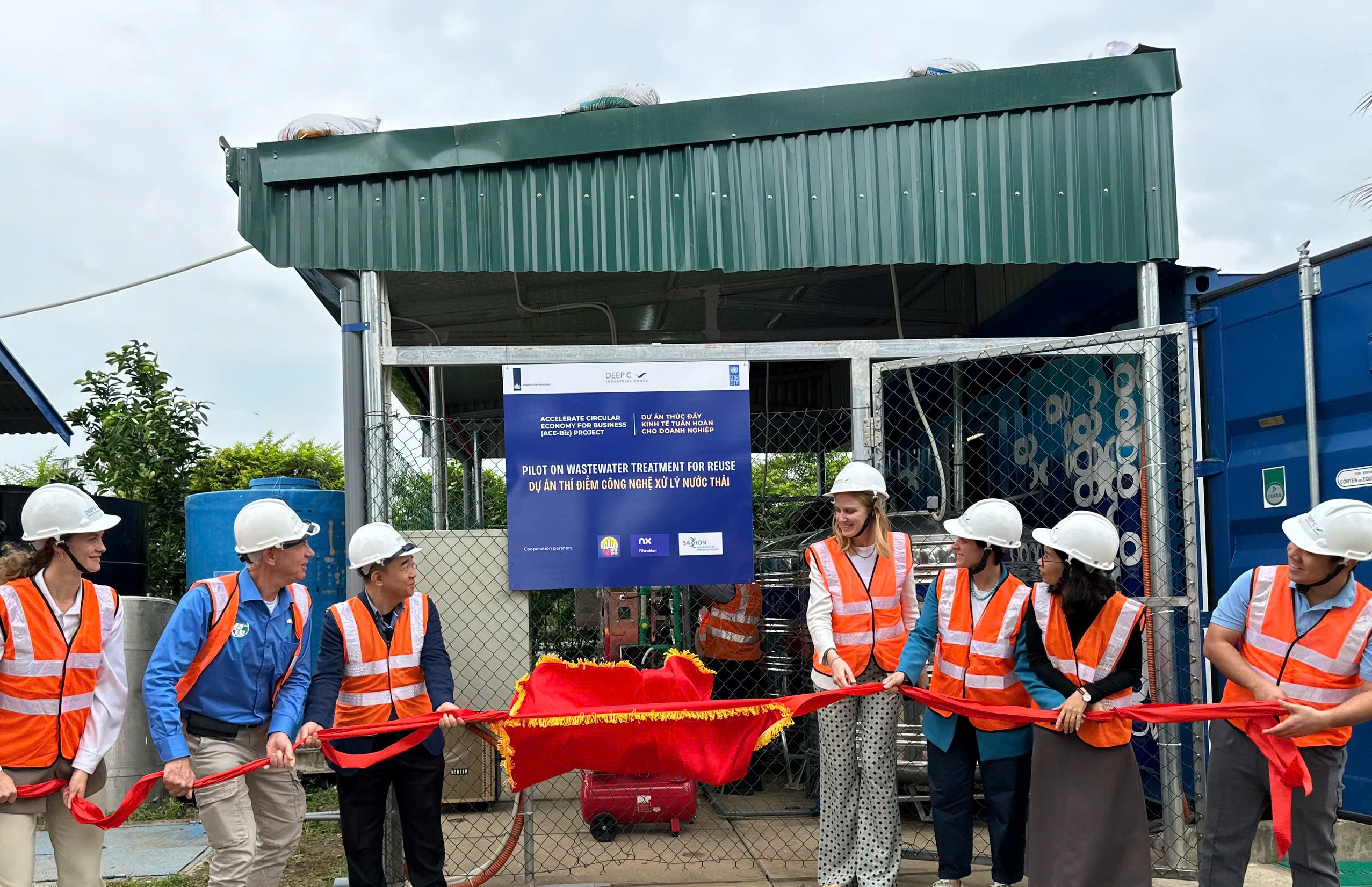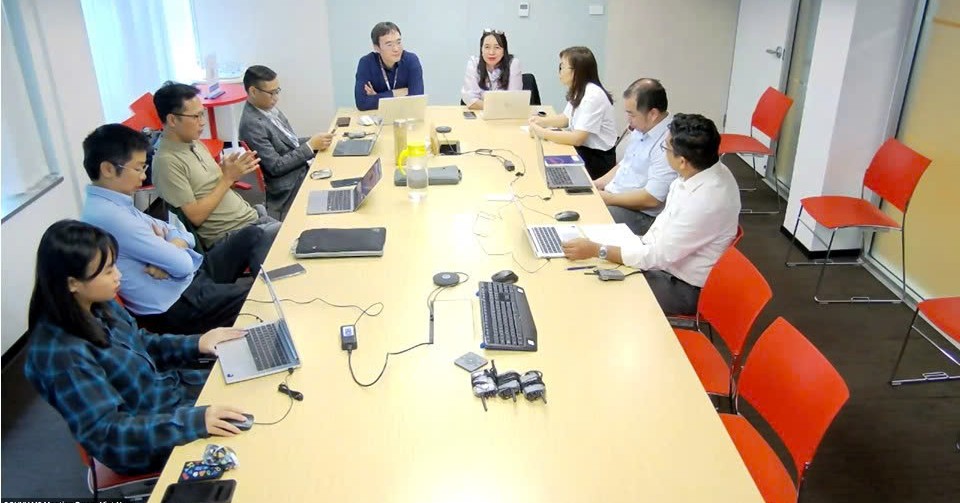Dr. Nguyen Cong Thanh, an expert from National Economics University, shared information about the “Opportunities for economic gain from Viet Nam’s adoption of the circular economy” in the Circular Economy Capacity Building Training Bootcamp for enterprises. A lot of updated knowledge about the advantages for enterprises in their transition to the circular economy was provided.

Firstly, with the economic openness of Viet Nam, enterprises have been having many profitable opportunities from the expansion of international trade, and this continues to go on in the future. Most recently, the EU-Viet Nam Free Trade Agreement (EVFTA) took effect on August 1, 2020. This agreement will raise Viet Nam’s export turnover to the European Union by 42.7% by 2025 and 44.37% by 2030 compared to that before the EVFTA came into force. As a new-generation free trade agreement, the EVFTA has a whole chapter about the requirements for sustainable development and environmental protection. In Europe, with the regulations on sustainable products, the implementation of the circular economy has been the standard for eco-friendly production and business activities. Therefore, once enterprises apply the circular economy to their production and create sustainable products, there will be a huge potential and advantage for them to expand their markets and improve business turnover through export.

At the same time, with the economic recovery in Viet Nam after COVID-19, prioritizing the circular economy development will bring more remarkable opportunities for enterprises. In Decision No. 687/QD-TTg dated June 7, 2022, the approval of the Circular Economy Development Scheme in Viet Nam by the Prime Minister also shows this priority.

Finally, the recovery after the COVID-19 crisis has also reshaped enterprises. This is the right time for businesses to reconsider their priority areas, look for differences in the value chain, and train employees in a new operating way, in which applying a circular business model is the right option and complying with domestic and international development trends.

With the priority for developing the circular economy in Viet Nam, enterprises are not alone in their transition. From the sharing session by Dr. Nguyen Cong Thanh, enterprises also had the chance to access potential financial sources such as green credit, environmental protection funds, green bonds, etc. to solve difficulties in financial sources during the initial phase of the transition.
The most interesting part of the Bootcamp is the sharing of the existing and typical circular economy models in Viet Nam and worldwide. The actual examples of the circular economy made enterprises extremely excited and eager to learn and create new models to apply to their businesses.

















